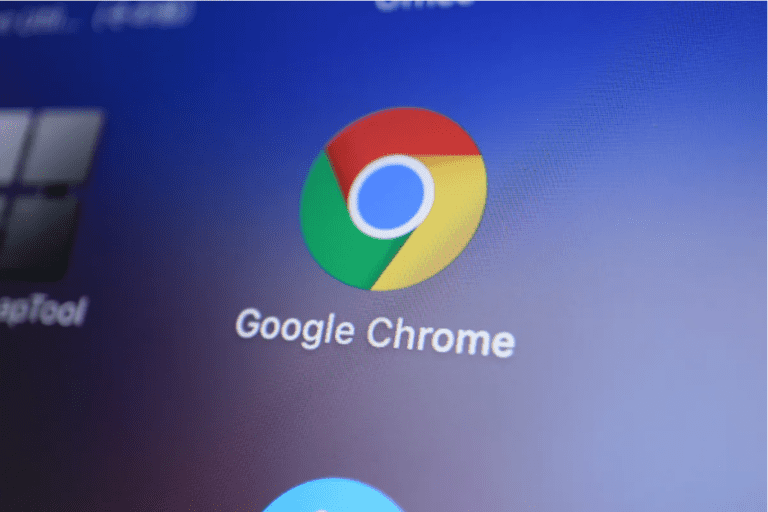Google delayed the end of third-party cookies in Chrome yet again. The tech giant said on Wednesday that the browser will support third-party cookies until the second half of 2024.
Google initially pledged to discontinue third-party cookie functionality in Chrome browser by 2023. The pledge came two years after the search giant began developing its ‘Privacy Sandbox’ for Chrome.
The development progress was sluggish, and there were numerous setbacks along the road. Google’s Privacy Sandbox VP Anthony Chavez stated on Wednesday that the business has adjusted its plan to transition from third-party cookies.
The need for time
According to Chavez, Google needs more time to review and test the new Privacy Sandbox technology before retiring third-party cookies in Chrome. Google has been focusing on this for years in response to rising customer privacy concerns.
Businesses have traditionally depended on third-party cookies and data aggregators to monitor their consumers’ activity across various sites. However, this comes at the expense of user privacy. As a result, firms like Google and Apple began to limit the usage of third-party cookies.
New plan
Google’s first effort to replace third-party cookies was dubbed FLoC. This project received fervent resistance from some, skepticism from others, and generally negative feedback from most. Given the negative response, Google said that Chrome will continue to allow third-party cookies until at least mid-2023.
The company proceeded to release the Topics API in January of this year, intending to track users anonymously while still providing marketers with enough data for interest-based advertisements.
The Topics API is one of the components of the Privacy Sandbox. The Privacy Sandbox will be previewed to millions worldwide in early August. Throughout the remainder of the year and into 2023, Google will steadily expand the trial group. The organization believes that the Privacy Sandbox will be introduced and widely available in Chrome by Q3 2023, allowing cookies to be removed by 2024.
